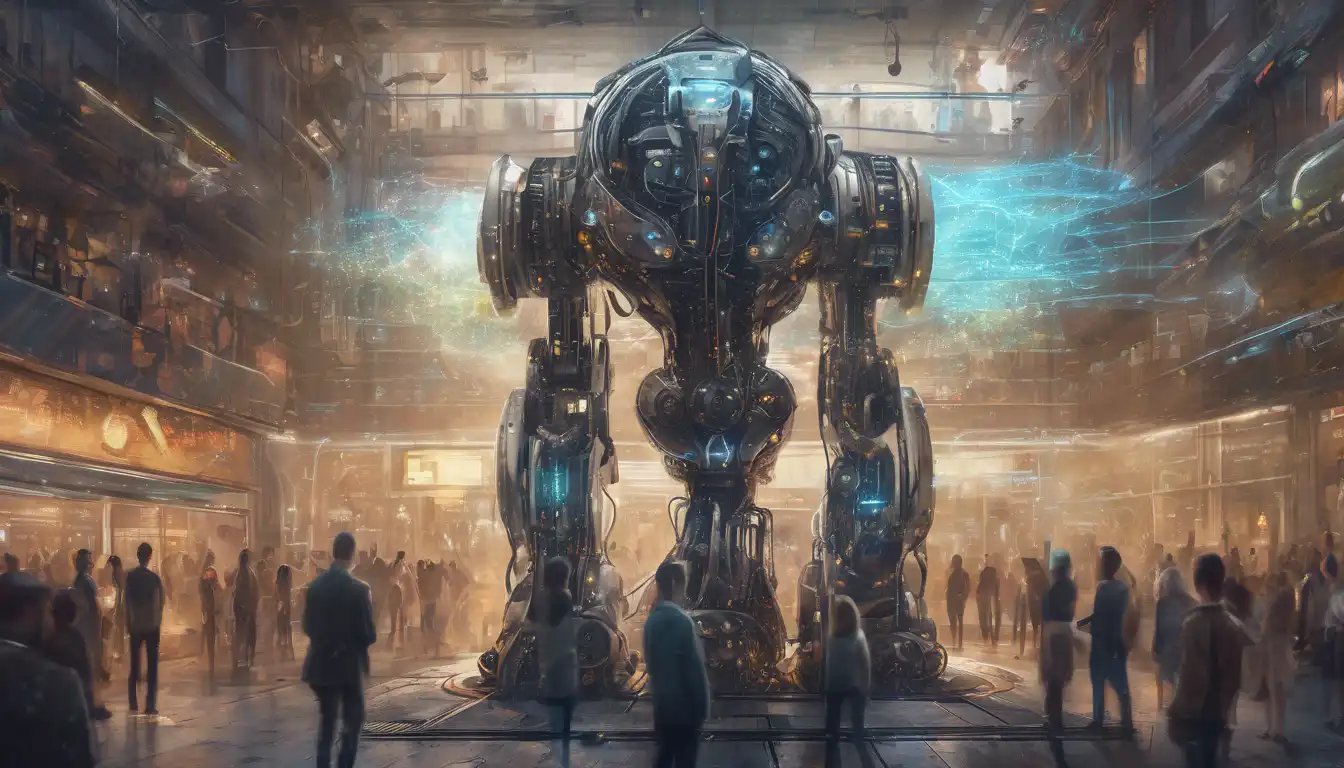Introduction to Machine Learning in Recommendation Systems
Machine learning has revolutionized the way we interact with digital platforms, especially in the realm of personalized recommendations. From streaming services to e-commerce websites, machine learning algorithms are at the heart of suggesting products, movies, and music that align with our preferences. This article delves into how machine learning powers these recommendation systems, making them more accurate and personalized than ever before.
Understanding Recommendation Systems
Recommendation systems are algorithms designed to suggest relevant items to users based on various data points. These systems can be broadly categorized into three types: collaborative filtering, content-based filtering, and hybrid systems that combine both approaches. Machine learning enhances these systems by analyzing vast amounts of data to identify patterns and predict user preferences with high accuracy.
How Machine Learning Powers Recommendations
Machine learning algorithms process user data, including past behavior, preferences, and interactions, to generate recommendations. These algorithms continuously learn and adapt, improving their suggestions over time. For instance, deep learning, a subset of machine learning, can analyze complex patterns in data, enabling more nuanced recommendations.
Benefits of Machine Learning in Recommendations
- Personalization: Machine learning enables hyper-personalized recommendations, increasing user engagement and satisfaction.
- Scalability: These algorithms can handle massive datasets, making them ideal for large platforms with millions of users.
- Dynamic Adaptation: Machine learning models adapt to changing user preferences in real-time, ensuring recommendations remain relevant.
Challenges and Considerations
Despite their advantages, machine learning-based recommendation systems face challenges such as data privacy concerns and the cold start problem for new users. Addressing these issues requires careful algorithm design and ethical data use practices.
Future of Machine Learning in Recommendations
The future of recommendation systems lies in advancing machine learning techniques, including the integration of AI trends like natural language processing and computer vision. These advancements promise even more personalized and context-aware recommendations.
Conclusion
Machine learning is the driving force behind the sophisticated recommendation systems we encounter daily. By leveraging vast datasets and advanced algorithms, these systems offer personalized experiences that enhance user engagement and satisfaction. As machine learning technology evolves, we can expect recommendation systems to become even more intuitive and effective.
